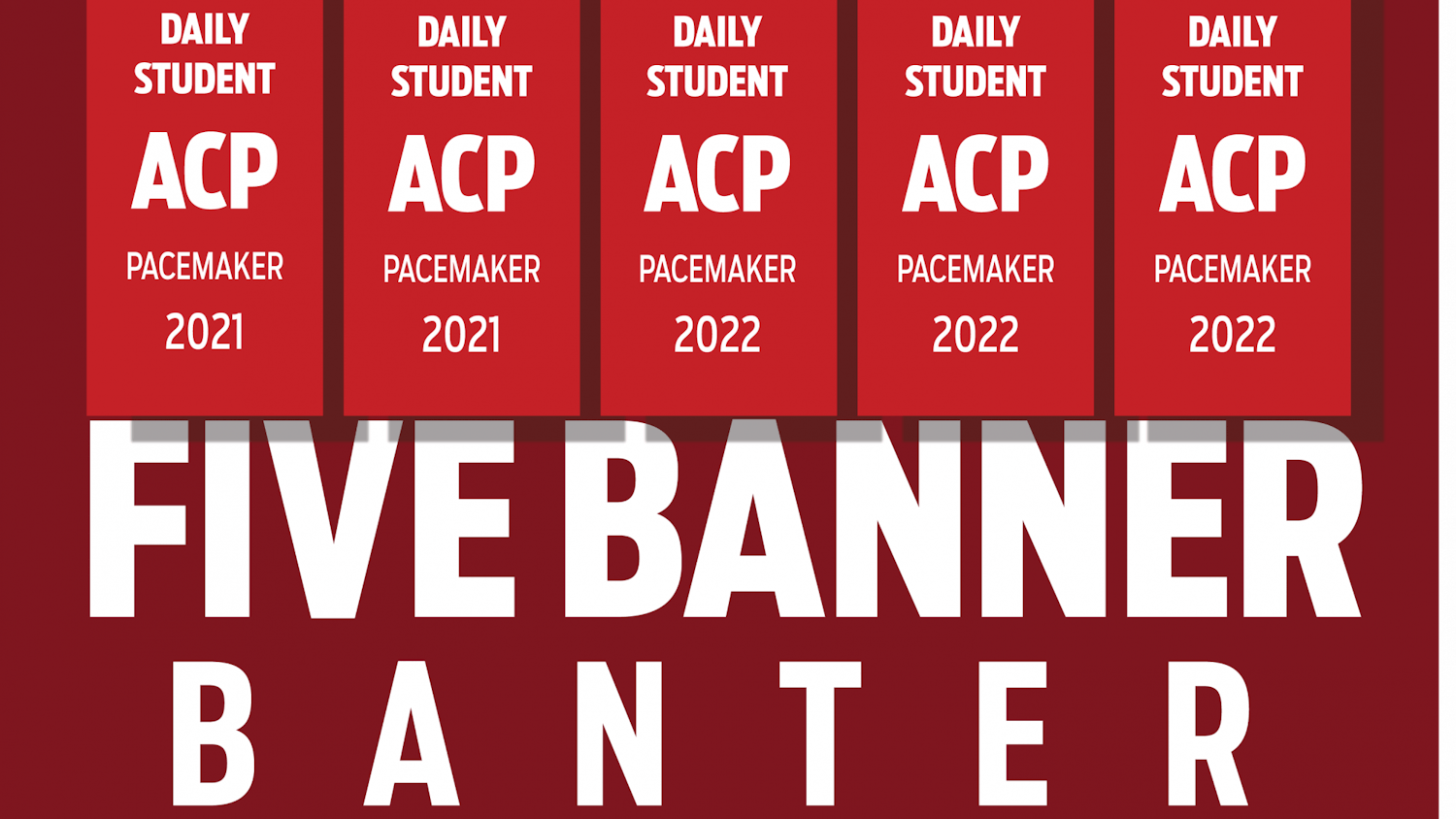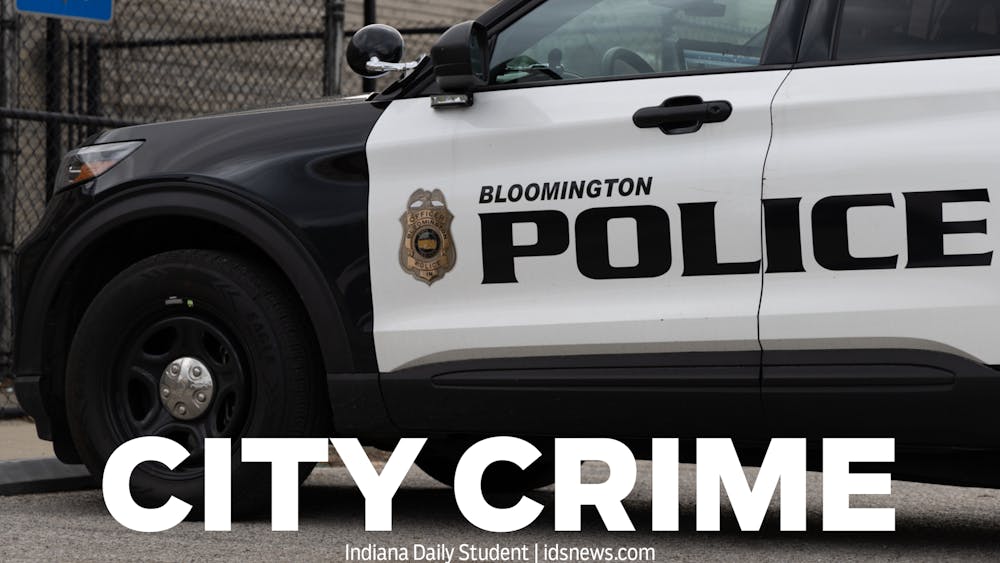The book details the work of black women who started schools in the Jim Crow South for black children. The book’s author, Audrey Thomas McCluskey, spoke about it at the Monroe County Public Library on Sunday.
McCluskey, a professor emerita in the Department of African American and African Diaspora Studies and former director of the Neal Marshall Black Culture Center and director of the Black Film Center and Archive, said her inspiration for the book came from attending a black student school in the early ‘60s in Miami, where there was “a ritualistic display of black culture” every February.
“At that time it was called Negro History Week. It’s now become Black History Month,” McCluskey said. “That’s how I learned about these women because one thing that our teacher would do is to make sure that we understood our culture and our background.”
McCluskey said her sister played Mary McLeod Bethune in a school play.
“She was getting ready for it, and I was asking her a lot of questions, and that’s how I learned about Mary McLeod Bethune,” McCluskey said. “And so when she performed, I just got the idea that this was a very important moment that I should know more about.”
In graduate school, McCluskey learned more about other women who she would later write about in her book.
“As you see from the title of my book, I consider them a sisterhood. We have different kind of sisterhoods ... and these I call a sisterhood of purpose, and that purpose was to educate African American students, African American youth,” McCluskey said.
McCluskey said she wants to inform people about the gaps in American History.
“In America, we think about American history as a history of exceptionalism,” she said. “Usually, when we are questioned more deeply about what is the nature of this exceptionalism that we all claim, and oftentimes it goes to the founding fathers ... but I think there’s another kind of exceptionalism, and that’s one that’s been left out of history, and so part of my mission was to fill the gaps of history through these women.”
One of the women McCluskey wrote about in her book is Charlotte Hawkins Brown, who founded the Palmer Memorial Institute in North Carolina.
“She dedicated her school to refinement,” McCluskey said. “She taught manners and grace and all that, as well as college prep, and she thought that you could become a racial ambassador. This notion has been interrogated and questioned — this is not a clear narrative — that if you dress right and act right and show your manners that people will accept you.”
Barbara Wilcox, a member of the Friends of the Library Committee, said she wasn’t aware of these black colleges until she was in her twenties.
“I remember when I was probably 25 or 26 and worked in the federal government, and only then did I learn about historically black colleges,” Wilcox said.
Wilcox also said she likes that McCluskey is making these women more known.
“I liked Audrey’s point that these need to be uncovered and shared,” Wilcox said. “It’s amazing what they were able to do.”
She described the women’s youth and resilience
“These women all were in their twenties when they started these schools, so they didn’t know any better, they said,” McCluskey said. “They didn’t know what they were up against, they had a lot of optimism, they believed that they could do whatever, just like the women who started the National Association of Colored Women. They just believed that, you know, they could do it, even though their parents, all their parents, were enslaved, they believed that. That’s American exceptionalism in my book.”





